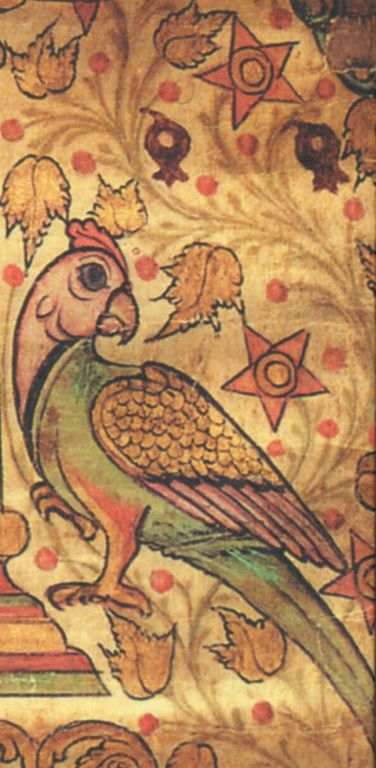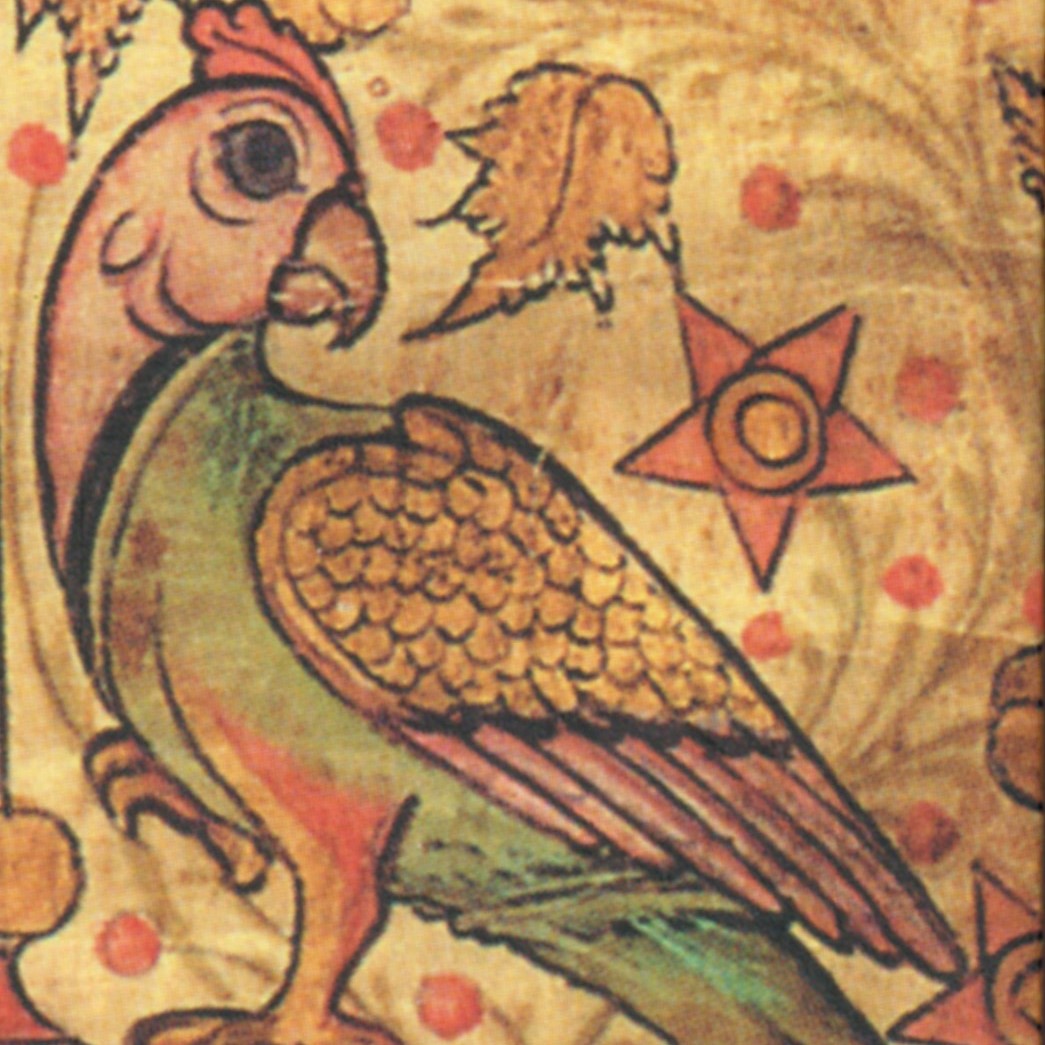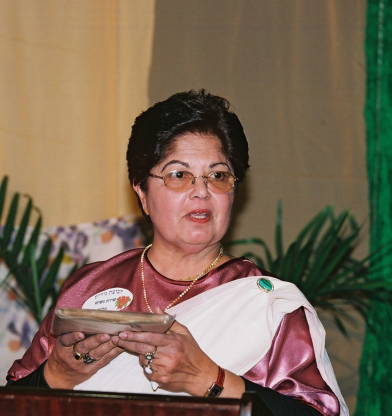1997/ 2023
13. Manacheri Women! Mattancherry Women!
13a. Ruby Daniel and Rahel Kala. Recorded by Barbara Johnson, Kibbutz Neot Mordecai, July 1997.
13b. Sung and recorded by Venus Lane, Tiberias, January 8, 2023
Mānaccěrila pěņņaṅṅaḷě—těy těy
Maṭṭalu věṭṭaņa pěņņaṅṅaḷě—těy těy
1. Oh, the women of Manacheri!—těy těy
Oh, women who cut the coconut fiber!—těy těy2. Oh, the women of Mattancherry!—těy těy
Oh, women of the Jewish Street!—těy těy3. Oh, thief of the utensil for turning fried appam!—těy těy
Oh, woman who steals the rice porridge skin!—těy těy4. Oh, thief of turmeric and lungi-knot rice!—těy těy
Oh, thief of five or six whiskers of prawn!—těy těy
This amusing folk song is included not only as a marker of Kochi identity but also as a clear example of “Judaizing” an inherently non-Jewish song. Remembered as one of many songs heard from itinerant non-Jewish street-singers in Kochi, it was recorded and written down in 1997 by Ruby Daniel and her sister Rahel Kala. They theorized that Jews must have added the second stanza for fun, to include themselves as the women of Mattancherry—the section of Kochi in which Jewtown is located. This stanza echoes the sounds of the first stanza, which addresses the women of Manacheri (probably Manjeri, in a predominately Muslim part of northern Kerala) as laborers who remove the coir fiber covering coconut shells, from which mats, rope and other useful products are made.
The third and fourth stanzas were sung with great enjoyment of their wordplay and the absurdity of the allegedly stolen items: the short iron utensil with which a sweet rice cake (appam) is turned while frying in oil, the bit of white rice porridge that is skimmed off the surface of the cooked porridge, a quantity of raw rice carried in the folded-over waist portion of a woman’s lower garment (lungi), and finally, the inedible antennae of prawns (no parts of which are kosher food for Jews). Each of the first three items, integral to Kerala women’s culture, is expressed in just one Malayalam word. The nonsense syllables “těy těy” are characteristic line-endings in similar Kerala folk songs.
Because there is no written version of this song in the notebook collection, it does not have a number in the Ben-Zvi index.







